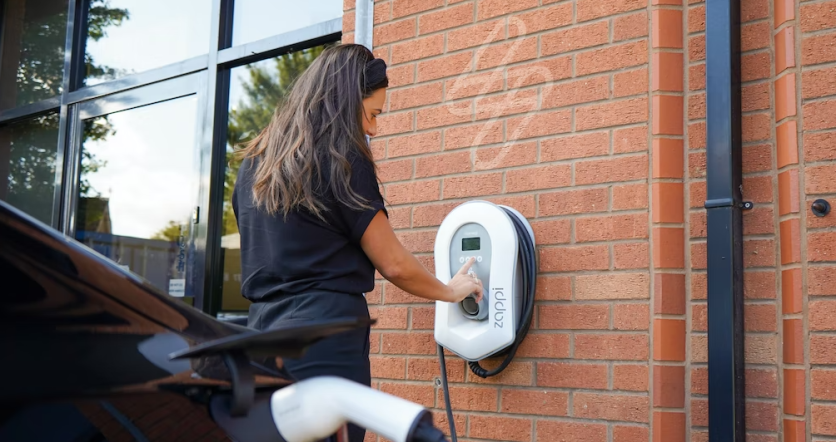
California regulators approved a policy on Thursday, Aug. 25, requiring all new cars, trucks, and SUVs to run on electricity or hydrogen by 2035.
The state is seeking a dramatic cut in carbon emissions and an end to traditional gasoline-powered vehicles.
California Requires Only EVs by 2035
According to PBS, the decision by the California Air Resources Board came two years after Gov. Gavin Newsom first directed regulators to consider phasing out traditional vehicles. If the plans push through, California will effectively cut emissions from vehicles in half by 2040.
The new policy in California will prompt other US states to follow and accelerate the production of zero-emission vehicles by automakers.
The policy still needs approval from the federal court, but regulators are hopeful that it will happen under President Joe Biden's administration.
According to NBC, the new policy allows Californians to keep driving traditional vehicles and buying used ones after 2035, but no new models would be sold in the state.
One-fifth of automakers' sales after 2035 could be plug-in hybrids that run on batteries and gas or vehicles powered solely by hydrogen or electricity.
In June, the European Parliament backed a plan to prohibit the sale of gas and diesel-fueled vehicles in the 27-nation European Union by 2035.
Also Read: Jerry Brown Orders Dramatic Cuts In Greenhouse Gas Emissions In California
California Transitioning to EVs
According to KCRA, climate officials say California's new policy is ambitious because it sets benchmarks for ramping up electric vehicle sales over the next 13 years.
The first mandated threshold comes in 2026 when one-third of all cars sold in California must be zero-emission. Automakers could be fined $20,00 per gas-fueled sold.
Around 16% of vehicles sold in California in the first quarter of 2022 were electric.
Massachusetts and Washington have said that they will follow California's lead and many more are likely to do it too. Pennsylvania and New York are among the 17 states that have adopted some of California's tailpipe emission standards.
Automakers Express Concern About Timeline
Laurie Holmes from Kia Corp. said the company plans to spend up to $25 billion by 2025 on electric vehicles. The automaker hopes to offer up to seven models by 2027.
However, she and several other representatives for automakers expressed concern about the state's timeline given factors such as supply chain problems and the high cost of materials to build electric vehicles.
The transition from gas to electric vehicles will reduce emissions and air pollutants, but the transition will be painful for California's oil industry.
California remains the seventh-largest oil-producing US state, though its output is falling as it pursues its climate goals.
California is the most populous state in the US, with about 39 million residents as of 2022. They account for 10% of the car market in the country but have 43% of the nation's 2.6 million registered plug-in vehicles.
If the state reaches its goal by 2035, it will have overcome practical hurdles, notably enough reliable power and charging stations.
Related Article: California Pushes To Keep Strict Auto Emission Standards Thanks To Clean Air Act Waiver
This article is owned by Tech Times
Written by Sophie Webster
ⓒ 2026 TECHTIMES.com All rights reserved. Do not reproduce without permission.




